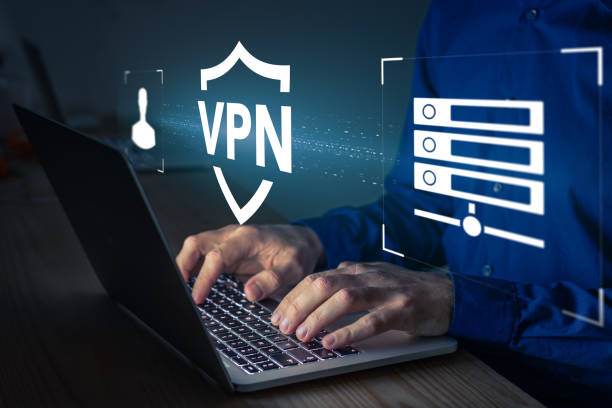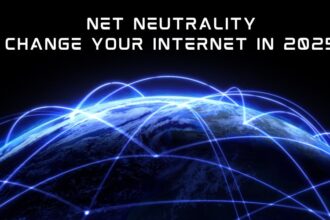Online privacy have become important in today’s digital world. With many personal and sensetive information shared online, it’s quite necessary for us to protect ourselves from hackers, cybercriminals, and other third parties.
To accomplish the finest ways of protection, VPN ( Virtual Private Network), creates a secure and encrypted tunnel between the devices and remote servers, masking the IP address and encryption of online traffics. This helps in making it difficult for a third party to monitor the online activity and get the data.
VPNs offer a wide range of benefits, including:
- Security: VPNs protect your data from being intercepted and monitored by third parties. This is especially important when using public Wi-Fi networks, which can be notoriously insecure.
- Privacy: VPNs hide your IP address and make your online activities anonymous. This helps to protect you from targeted ads, online tracking, and government surveillance.
- Freedom: VPNs can help you bypass geo-restrictions and access content that may be unavailable in your location. For example, you can use a VPN to watch streaming services such as Netflix, Hulu, and Amazon Prime Video that may not be available in your country.
How VPNs Work?

When you connect to a VPN server, your device creates a secure and encrypted tunnel between the two. All of your online traffic is then routed through this tunnel, making it impossible for anyone to track your online activities or intercept your data.
Several encryption protocols are used by VPNs to safeguard your information. Some of the most common protocols include OpenVPN, IKEv2, and WireGuard. These protocols are considered to be very secure and can resist even the most sophisticated attacks.
Choosing the Right VPN Provider

There are a few important things to think about while selecting a VPN provider:
- Security: Make sure the VPN provider uses strong encryption protocols and has a good reputation for security.
- Privacy: Seek out a VPN service provider who adheres to a rigorous no-logs policy.
- Speed: Choose a VPN provider with a large network of servers to ensure good speed and performance.
- Price: The cost of a VPN varies based on the provider and capabilities available. Before selecting a service, compare the pricing offered by several.
How to Use a VPN?
To use a VPN, simply download and install the VPN client software on your device. Then, create an account with the VPN provider and connect to one of their servers.
Once you are connected to a VPN server, all of your online traffic will be routed through the tunnel and your IP address will be hidden. You can then browse the internet and use your favorite apps as usual.
When to Use a VPN?
You should use a VPN whenever you are concerned about your online privacy or security. This includes when using public Wi-Fi networks, accessing geo-restricted content, or simply browsing the internet.
Here are some specific examples of when you should use a VPN:
- Public Wi-Fi networks are frequently insecure and are simple targets for hackers to penetrate.
- When accessing geo-restricted content, such as streaming services that are not available in your country.
- When torrenting or downloading files from peer-to-peer networks. Torrenting can be a target for copyright trolls and other malicious actors.
- When engaging in sensitive online activities, such as banking or online shopping.
Conclusion
VPNs become an effective tools for your online privacy. There are many other VPS providers to choose from. Take some time to research and compare different options before opting for one. To learn more visit www.gurucent.com.
FAQs:
Q: What is a VPN?
Ans: VPN stands for Virtual Private Network. It is a technology that creates a secure and encrypted tunnel between your device and a remote server. This tunnel encrypts all of your online traffic, making it virtually impossible for anyone to track your online activities or intercept your data.
Q: Why should I use a VPN?
Ans: There are many reasons why you should use a VPN. Here are a few of the most important:
- Security: VPNs protect your data from being intercepted and monitored by third parties. This is especially important when using public Wi-Fi networks, which can be notoriously insecure.
- Privacy: VPNs hide your IP address and make your online activities anonymous. This helps to protect you from targeted ads, online tracking, and government surveillance.
- Freedom: VPNs can help you bypass geo-restrictions and access content that may be unavailable in your location. For example, you can use a VPN to watch streaming services such as Netflix, Hulu, and Amazon Prime Video that may not be available in your country.
Q: Are VPNs legal?
Ans: VPNs are legal in most countries, including the United States, Canada, and the United Kingdom. However, there are a few countries where VPNs are banned or restricted. It is important to check the laws in your country before using a VPN.





